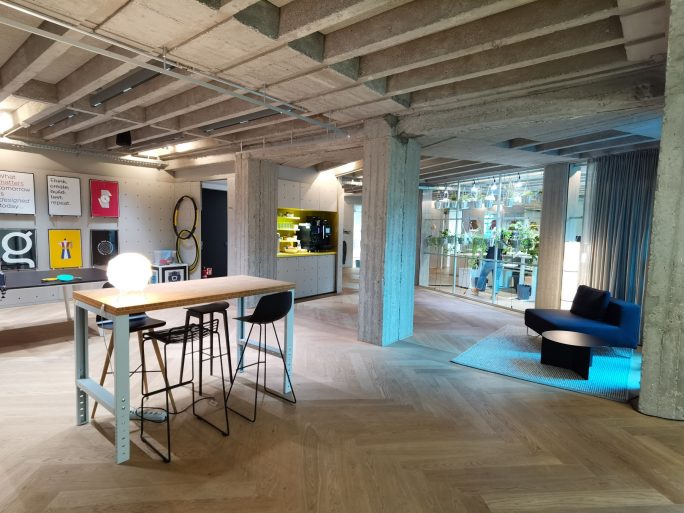AI Increases Demand for Hybrid Workplace Environments

The market for workplace services is evolving rapidly, with the best possible digital user experience emerging as a key driver of growth.
The future of work extends beyond traditional office settings. Despite ongoing initiatives to encourage a return to the office, German companies are prioritising the flexibility of hybrid working models. Central to this shift is the concept of the Digital Employee Experience (DEX), which focuses on designing and managing the quality of employees’ interactions with their digital workplaces. A recent study by the market research and consulting firm Information Services Group (ISG) highlights this trend. The study assessed the portfolios and competitive strengths of 38 workplace service providers in the German market, revealing a growing emphasis on DEX in workplace design.
According to the study, service providers that support client companies with strategic planning, change management, consulting, and a robust suite of managed services are well-positioned for growth. ISG specifically highlights these providers within the market segment of ‘Collaboration & Next-Gen Experience Services’. (image)
![]()
Adaptive Design
Leading service providers excel at continuously adapting workplace designs to meet shifting value creation conditions and user preferences. By collecting and analysing real-time data, they gain insights into current usage patterns, enabling them to customise workplace solutions to meet evolving requirements. AI-powered devices further enhance this adaptability by automatically adjusting settings based on individual preferences and work styles, delivering optimised experiences in real time.
Providers are increasingly focusing on sustainability, as a robust Digital Employee Experience (DEX) ensures that employees adhere to company process guidelines, contributing to a systematic reduction in the organisation’s ecological footprint. In this context, the ISG study highlights the growing importance of solutions aimed at optimising energy consumption, reducing waste, and enhancing the environmental performance of office buildings and workplaces within the Managed Workplace Services portfolio.
To achieve these goals, Experience Management Offices (XMOs) within service providers are leveraging AI-driven data analytics to continuously refine the user experience. These insights allow companies to align digital workplace transformations with employee needs, ensuring measurable outcomes. In addition to meeting business objectives, XMOs are tasked with adhering to both internal and external compliance requirements.